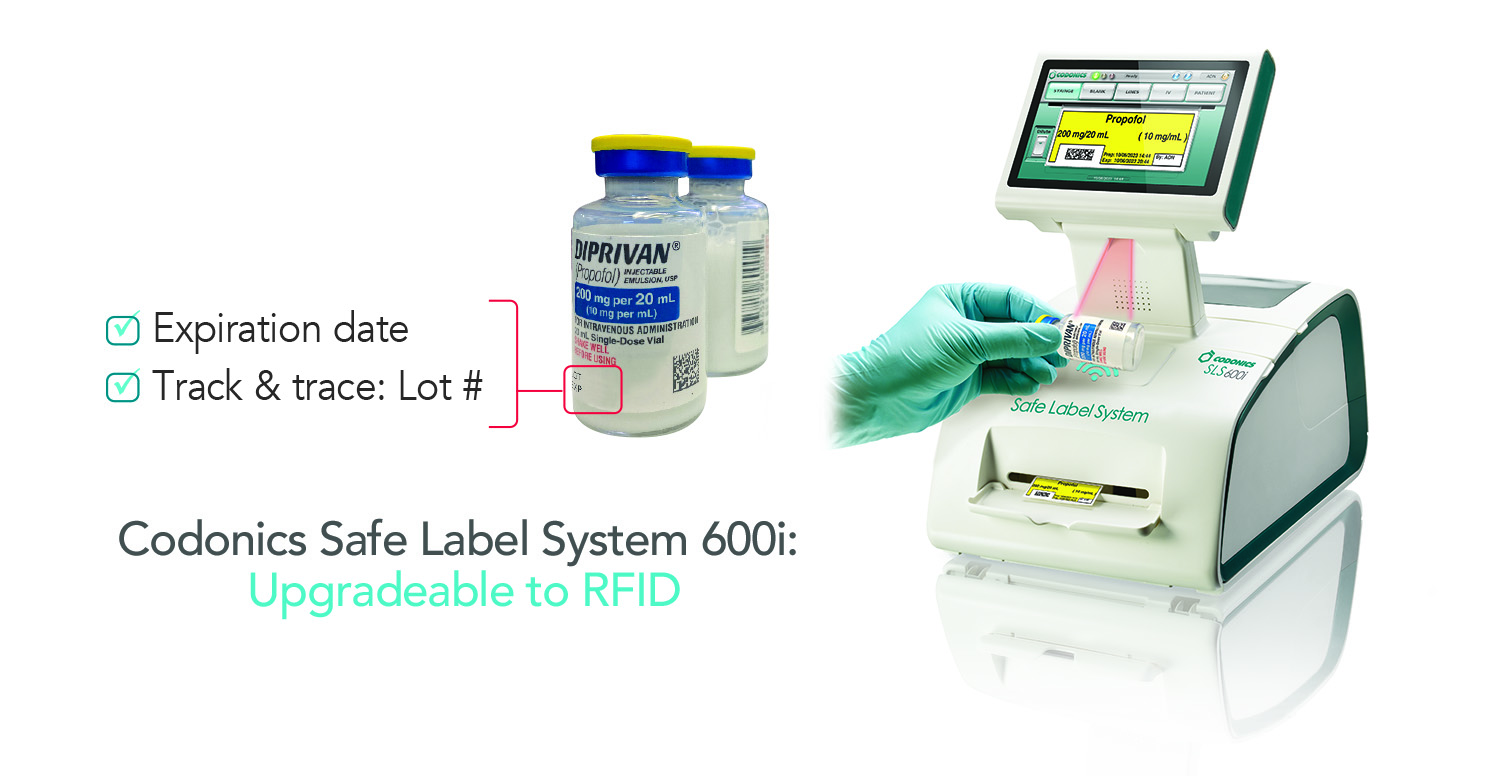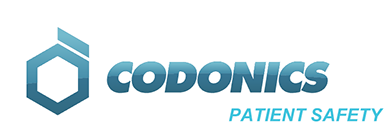
Enhancing Healthcare: The Growing Role of RFID in Patient Safety and Clinician Efficiency
RFID technology is rapidly becoming a game-changer in the healthcare industry, presenting a myriad of opportunities to improve patient safety and streamline clinician efficiency. Beyond its conventional use in inventory control, RFID is poised to revolutionize the healthcare landscape by automating track and trace from the manufacturer to the bedside and seamlessly integrating critical medication information into patient records..
The integration of RFID in healthcare promises to enhance patient safety by providing comprehensive information about medications, including Lot number, Expiration date, Serial number, and details about preparation. This capability is particularly crucial in swiftly identifying and treating patients exposed to recalled or suspect medications, mitigating potential adverse events. By delivering this information directly to the Electronic Medical Record (EMR) and patient records during administration, RFID facilitates operational and regulatory efficiencies, ensuring immediate recognition of potential issues.
Despite its promising potential, there are some challenges hindering the widespread adoption of RFID in healthcare. Currently, there exists a “chicken and egg scenario,” where pharmaceutical companies need to produce more RFID-labeled medications, while healthcare facilities must deploy more RFID technologies. The adoption hurdle can only be overcome if RFID demonstrates value beyond improved inventory control. The ability to read and write to RFID allows the technology to evolve throughout the healthcare system, capturing a comprehensive history of the medication from dispense to provider to device and ultimately to the patient. However, achieving seamless collaboration among various vendors involved in RFID technology, including chips, components, encoding, interoperability, and associated hardware and software, remains a significant challenge. Standardization across all aspects of RFID and its supporting technologies is crucial to expedite this collaboration.
Looking ahead, the future of RFID in healthcare holds promising developments. The focus will shift towards discovering new applications for RFID, such as traceability, trackability, patient record integrity, and completeness. Similar to the retail industry’s use of UHF (Ultra-High Frequency) to track inventory, healthcare can leverage UHF and NFC (Near Field Communication) RFID for tracking pharmacy warehouse inventory, medication dispensing carts, programmable infusion pumps, blood distribution safety checking, and more. The flexibility of RFID technology opens doors for diverse applications, ensuring its relevance in the fast-paced perioperative environment, where quick actions and precise tracking are imperative.
Just as in retail, where NFC is used for proximity reading at the cash register, in healthcare, NFC can be applied at the bedside or administration point for communication, recording, and documentation of administered items, providing a final safety check. As the industry continues to explore and implement RFID solutions, standardization and collaboration will be key to realizing the full potential of this transformative technology in healthcare. RFID is poised to play an increasingly vital role in shaping the future of patient safety, clinician efficiency, and overall healthcare efficacy.
